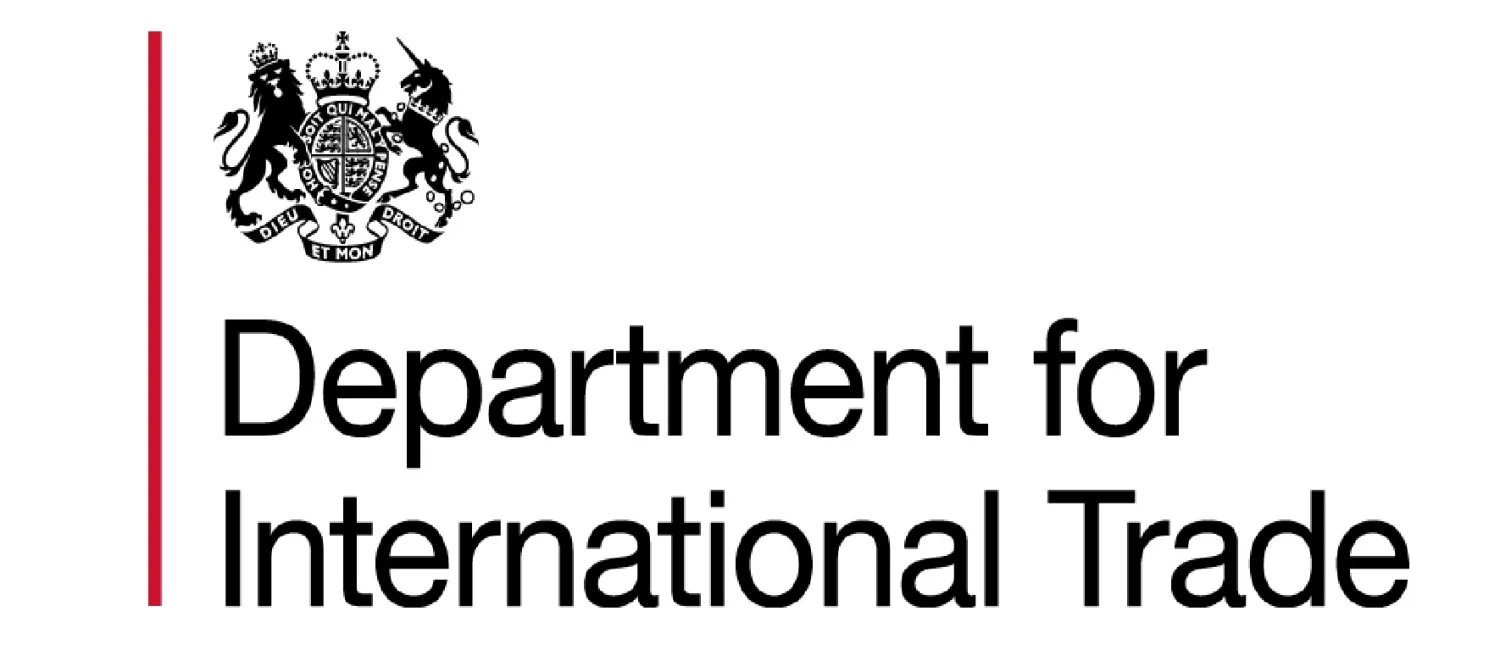The UK's Department of International Trade has announced the launch of a wide-ranging campaign in the Middle East and the Gulf to encourage investment in the UK in accordance with Islamic Sharia.
According to a report published by the Dubai-based regional Media and Communications Center, the United Kingdom is ranked the first Western country in the field of Islamic banking and investment in accordance with Islamic Sharia.
London is considered the largest market for Islamic finance outside the Islamic world and has more than 20 banks providing Islamic financial services. Five of the banks operate in accordance with Islamic Shariawhile the value of Islamic net assets in Britain is $728 million.
The London Stock Exchange (LSE) supported the sukuk issue, raising $48 billion from the issuance of 65 Sukuk programs, the report said.
It pointed out that Britain ranks 22nd out of 124 countries in the world that use Islamic banking, placing it first in Europe and fourth among non-Muslim majority countries after Singapore, Sri Lanka and South Africa.
According to the report, the number of institutions and centers in the UK that offer Islamic finance services is almost double that of the United States and is well ahead of other Western countries. The assets of UK-based institutions providing Islamic finance services have amounted to more than five billion dollars in 2016.
"More than 6,500 homes are being financed in the north-west of the UK and the Midlands through an investment of £700 million from the Sharia-compliant Gatehouse Bank," the report added.
Among the important features of the UK's development as a center for Islamic finance has been a set of supportive government policies over the last decade that created a tax and regulatory framework aimed at expanding the Islamic finance market, including the elimination of double taxation, the extension of Islamic mortgage tax and the reform of debt arrangements.
The United Kingdom is the first sovereign Western country to issue sovereign sukuk. In 2014, the British government sold £200 million sukuk payable in 2019 to UK-based investors and major global Islamic finance centers.
The first sovereign sukuk in the Kingdom was subscribed with a very strong demand and orders totaling about 2.3 billion pounds sterling.
There are currently more than 100,000 Islamic finance customers in the UK with accounts opened according to Islamic Sharias, whether current or residential loan accounts, savings accounts, investment accounts or others.
In September, London hosted the fourth annual meeting of the Global Islamic Finance and Investment Group ( GIFIG ), where senior policymakers from around the world met in London to discuss inter-state cooperation to develop the global Islamic finance industry.









